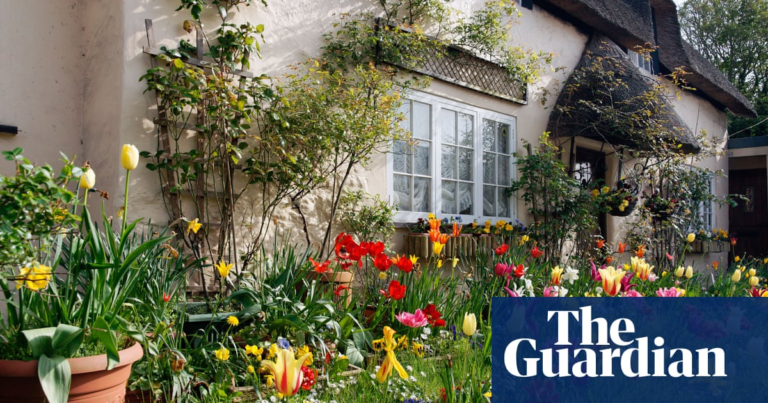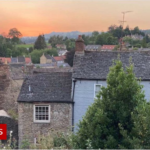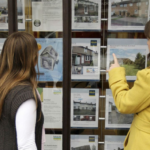Average property price has gone up by more than £30,000 since start of Covid crisis, says Nationwide
Average UK house prices defied expectations and continued to climb last month despite the phasing out of the government’s stamp duty holiday at the end of September.
The continued increases mean that the price of an average home in the UK has risen above £250,000 for the first time on the building society Nationwide’s index.
Other house price indices have already recorded UK averages above a quarter of a million pounds. Official figures from the Office for National Statistics based on mortgage completions put the average price at £264,000 in August, while the Halifax building society suggested the milestone was passed in October 2020.
Nationwide said house prices increased by 0.7% in October this year from a month earlier, meaning the price of the average property has gone up by more than £30,000 since the coronavirus pandemic began in March 2020.
Meanwhile, year-on-year property price inflation remained at the high level of 9.9% last month, only just below the 10% level recorded in September.
The threshold for paying stamp duty was lowered from £500,000 to £250,000 in July, before the tax break came to an end in September.
“Demand for homes has remained strong despite the expiry of the stamp duty holiday at the end of September,” said Robert Gardner, Nationwide’s chief economist. “Combined with a lack of homes on the market, this helps to explain why price growth has remained robust.”
There had been expectations that demand for house purchases would slow after the threshold for paying stamp duty was lowered from £500,000 to £250,000 in July, and the tax break then came to an end in September.
However, it is unclear whether house prices will continue to rise in the coming months and Gardner called the outlook for the housing market “extremely uncertain”.
Further property price inflation is dependent on a range of factors, including interest rates, consumer confidence and employment levels after the end of government pandemic support measures including the furlough scheme.
“If the labour market remains resilient, conditions may stay fairly buoyant in the coming months – especially as the market continues to have momentum and there is scope for ongoing shifts in housing preferences as a result of the pandemic to continue to support activity,” Gardner said, adding that interest rate rises could cool the market.
The Bank of England will reveal its latest interest rate decision on Thursday. Financial markets are betting on a rate rise, as a result of rising inflation, although most City economists expect rates to remain at record lows for the moment.
Any rate rises over the coming months are forecast to be gradual and are not expected to have a strong impact on UK borrowers.






